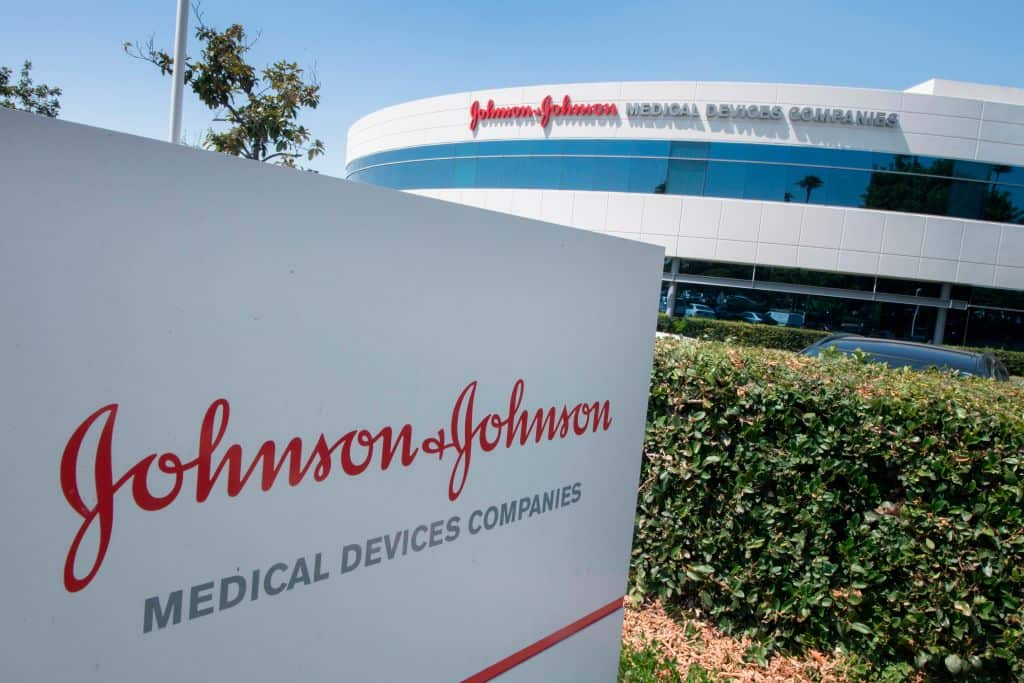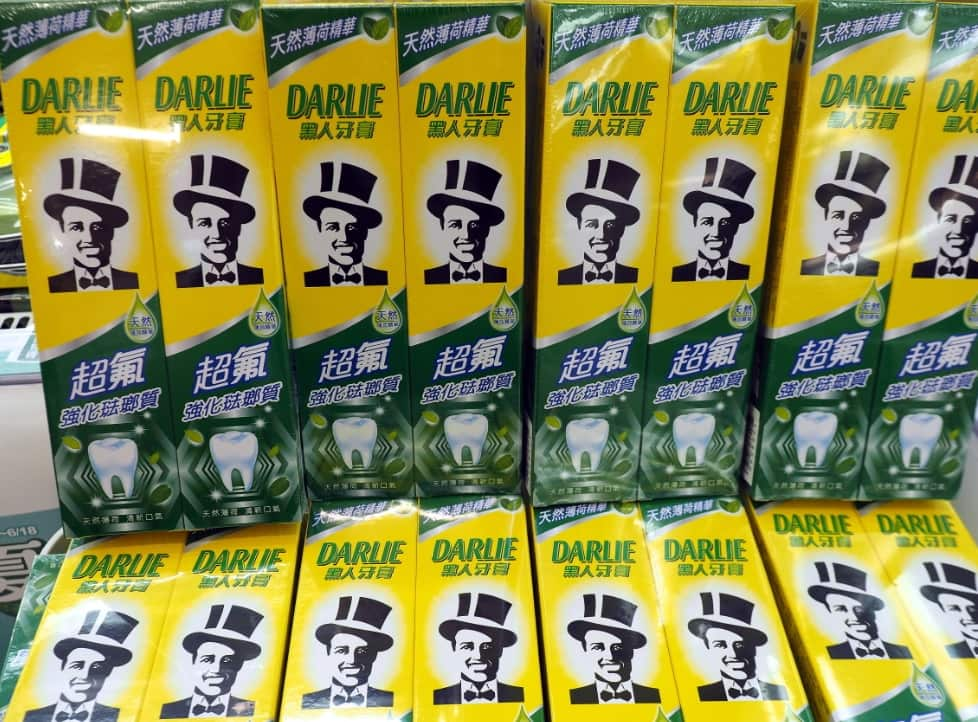Johnson & Johnson has decided to stop selling skin-whitening creams popular in Asia and the Middle East, while Colgate will make further changes to a top-selling Chinese toothpaste whose logo once employed blackface and whose name still translates to "Black Person Toothpaste".
Johnson & Johnson will stop selling its Clean & Clear Fairness line of products, sold in India, a spokeswoman told Reuters.
It was reported earlier this month that it would drop its Neutrogena Fine Fairness line available in Asia and the Middle East.
"Conversations over the past few weeks highlighted that some product names or claims on our dark spot reducer products represent fairness or white as better than your own unique skin tone," Johnson & Johnson said.
"This was never our intention - healthy skin is beautiful skin."

The healthcare company said it would no longer produce or ship the products but that they might still appear on store shelves until stocks run out.
Creams that promise to lighten or brighten skin are marketed primarily to women by the world's biggest personal care companies including Unilever, Procter & Gamble and L'Oreal under their respective brands Fair & Lovely, Olay and Garnier.
Those companies did not immediately respond to a request for comment.
More than 11,000 people have signed a petition calling on Unilever to stop selling Fair & Lovely.
About 6,277 tonnes of skin lightener were sold worldwide last year, according to Euromonitor International, including products marketed as anti-ageing creams targeting dark spots or freckles.
Band-Aid, which is owned by Johnson & Johnson, announced via Instagram on 12 June that it will launch a range of bandages in “light, medium and deep shades of Brown and Black skin tones that embrace the beauty of diverse skin".
The news comes as Colgate said on Friday it would make further changes to a top-selling Chinese toothpaste whose logo once employed blackface and whose name still translates to "Black Person Toothpaste".
The moves by both companies are the latest in the growing wave of companies overhauling marketing of household products with racial stereotypes in the wake of the killing of George Floyd, an unarmed African American man, at the hands of police.
The incident has led to mass nationwide protests for racial justice in the United States and some other countries.
The popular Chinese toothpaste brand "Darlie", which was called "Darkie" until 1989, is owned jointly by Colgate-Palmolive and Hawley & Hazel of Hong Kong and also sells well in other Asian markets.

"For more than 35 years, we have been working together to evolve the brand, including substantial changes to the name, logo and packaging," the company said in a statement.
"We are currently working with our partner to review and further evolve all aspects of the brand, including the brand name."
Colgate-Palmolive bought a 50 per cent stake in Hawley & Hazel in 1985 and overhauled the brand four years later, changing the name and removing the image of a man painted in blackface wearing a top hat, an offensive racist trope.
Reuben Mark, who was Colgate-Palmolive's chief executive at the time, described the logo as "just plain wrong", but said the changes needed to be implemented in way "that is least damaging to the economic interests of our partners", according to a 1989 New York Times story.
The current logo still contains a man in a top hat, but he is meant to be racially ambiguous.
Other companies have been moving quickly to purge offensive brands or their remnants from their product lines.
On Wednesday, PepsiCo said it would end entirely the Aunt Jemima pancake syrup and batter adorned with the face of a black woman, while Mars said it "evolve" the Uncle Ben's brand of rice dishes that uses a black man as its logo.
Both brands have featured images long criticised as racial stereotypes and slave imagery.

